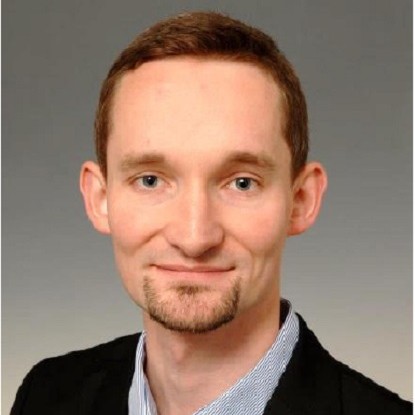Research
Our research focuses on:
- Industrial catalysis (e.g. hydrogenation, hydroformylation, syngas chemistry, ammonia synthesis & cracking)
- Catalytic transformation of renewable resources (biogenic platform chemicals, biobased aromatics and carbon dioxide) by hydrogenation, hydrogenolysis, amination & acid/base catalysis
- Sustainable processes for value-added chemical utilization
- Functional porous materials as innovative catalysts, adsorbents and membrane materials
Applied Methods:
- Preparation & characterization of solid catalysts & nanoporous materials
- Catalytic testing in batch pressure reactors & continuously operated mini plants (gas & liquid phase)
- Reaction kinetics & kinetic modelling
- Process design & simulation
Recent and current reasearch projects:
- „Neuartige Ammoniak-Cracking-Katalysatoren für die Wasserstoffökonomie“ (Fritz und Margot Faudi-Stiftung)
- „GlyPac – Kleine reaktive Glykan-Binder in Druckfarben und Lacken für Verpackungen“ (Verbundprojekt im Innovationsraum BIOBALL – BIOÖKONOMIE IM BALLUNGSRAUM des BMBF)
- „Investigation of photocatalytic and photothermocatalytic ammonia production from molecular nitrogen and water under elevated temperature and pressure conditions“ (DFG, SPP 2370 Nitroconversion)
- „Einfluss von Promotoren und Vergiftung auf (legierte) Eisen-Nanopartikel für die selektive Hydrierung von Alkinen zu Alkenen“ (DFG, SFB 1487 „Iron, upgraded!”, Teilprojekt C04)
- „Lewis-acide poröse elementorganische Gerüstverbindungen für die selektive katalytische Transformation von Monosacchariden“ (DFG)
- „GlyChem – Glykane und Koppelprodukte als biogene Wertstoffe (Teilprojekt B)“ (Verbundprojekt im Innovationsraum BIOBALL – BIOÖKONOMIE IM BALLUNGSRAUM des BMBF)
- „BioAromatics – Katalytische Aromatisierung biogener Plattformchemikalien“ (BMBF)
- „BioSorp – Das Potential von Adsorption zur energieeffizienten Stofftrennung in fermentativen Bioraffinerie-Prozessen“ (BMBF)
- „Frustrierte Lewis-Paare in porösen Polymernetzwerken zur metallfreien Aktivierung kleiner Moleküle und heterogen katalysierten Hydrierung“ (DFG)
- „IsohexAmin – Katalysator- & Prozessentwicklung zur Herstellung biogener Isohexid-Amine“ (BMEL)



